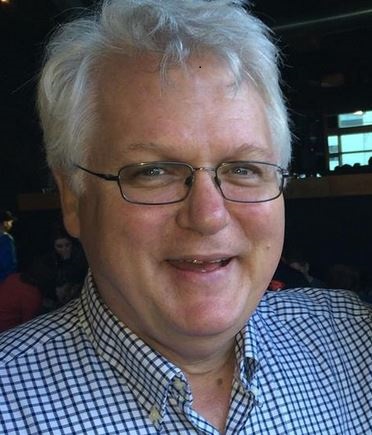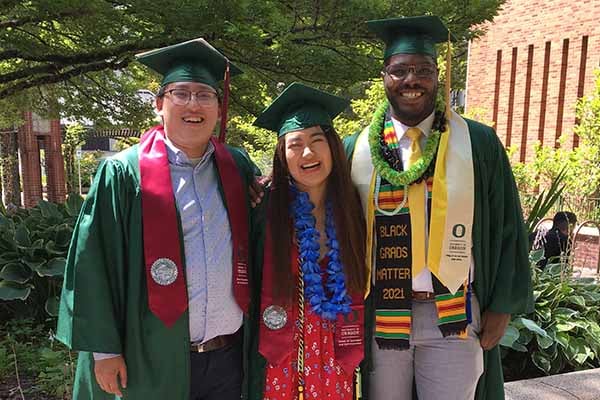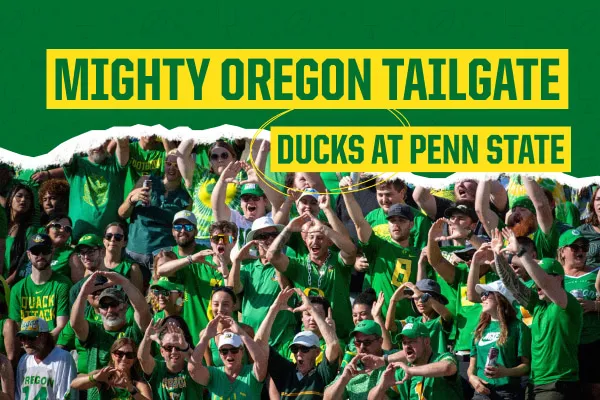By Chloe Meyere, Duck Career Network communications associate and UO student
Tim Sellard '76
Senior Solutions Engineer, Alcatel-Lucent
 Modern ideology sets strict standards for starting a career: go to college, get your degree, and get to work. What happens, however, when someone breaks the mold? Alumnus Tim Sellard, BA ’76 has the answer. He is the proof that finding success does not require following someone else’s roadmap—there are options.
Modern ideology sets strict standards for starting a career: go to college, get your degree, and get to work. What happens, however, when someone breaks the mold? Alumnus Tim Sellard, BA ’76 has the answer. He is the proof that finding success does not require following someone else’s roadmap—there are options.
The UO Provides the Opportunity to Discover a Passion
The Eugene native and first generation college student saw the University of Oregon as an opportunity to expand his horizons. He applied as a math major but sought to involve himself in campus life as well. While at the UO, Sellard began hosting and producing a variety of radio shows broadcast on the school’s station. This piqued his interest, inspiring Sellard to make the switch from math to communications. Sellard’s new major exposed him to speaking and communication skills that would serve him well into his future, and support his success today.
Transition Periods Can Lead to Personal Growth
Like many young graduates, Sellard was unsure of where he wanted his career to go when he completed his degree. He decided that instead of rushing into the industry, he was better off spending several years focusing on personal growth and exploring what life had to offer. During this transition period, Sellard moved up and down the West Coast. He worked a wide array of jobs, including working at a bar in the greater Seattle area managing the music and bartending.
Sellard remembers this time as an opportunity to “grow up and understand himself better as a person.” He mentions that he “spent eight or so years just being young and enjoying my life—and to no detriment to my success today. It gave me the chance to enjoy being young without a 9 to 5 commitment.”
Finding His Niche
In the early 80s, Sellard came across the opportunity to work for the Pacific Telephone Company. This marked the start of a fruitful career in telecommunications. Though not the field he received a degree in, Sellard noticed the skills he acquired through the UO proved useful. He spent almost a decade with the company, informing clients about the technology they offered and helping companies understand how to use their phone systems.
Sellard’s ability to communicate with clients did not go unnoticed, and in 1988 his career took its most crucial turn when he was asked to spend two weeks as a customer educator at Lucent Technologies. His role was to teach clients how to use the systems they purchased, explaining the technology to users. Sellard excelled at this, and upon the completion of his two weeks, was offered a permanent position with the company as a pre-sale engineer. His new role was to work with customers before a purchase, to ensure they choose the technology that would best suit their needs.
Initially, Sellard felt reluctant; he had never seen himself as a salesman and did not know if it was something he would enjoy. Still, he accepted the position and very quickly discovered that this was what he was meant to do.
“Sales has a bad reputation: everyone thinks used car salesman when they hear the word,” he said. “I did too, but it is completely the opposite. My job description is simple: I listen to what the customer wants, and then I provide them all the options that we have to match their requests. Then, I help that company or firm understand how our technology would fit for them. There’s no deceit; it’s all about working with, and helping other people.”
Success Has Many Definitions
To this day, Sellard works as a very successful pre-sales engineer. Throughout his career, Sellard has worked for some of the most prominent firms in telecommunications, including Expanets, Avaya, and Cross Telecom. Today, he works as a senior solutions engineer at Alcatel-Lucent, a French-based company that merged with his previous employer, Lucent. He works from home, sets his own hours, and takes the occasional business trip to Europe.
Sellard knows many recent graduates are constantly feeling the pressure to decide what they want to be when they grow up, but this alumnus hopes to alleviate that stress and provide sound words of advice.
He explains, “Eighty percent of the people I know don’t do anything remotely close to what they majored in. Eventually, you will figure out what you want to do, but there shouldn’t be this widespread panic [at the point of graduation]. More often than not, people who jump in [to the workforce] right at 22, just for the money, don’t end up happy. If you give yourself the time to figure out what you really enjoy, you inherently will be good at it. And if you’re good at it, eventually, the money will follow.”








